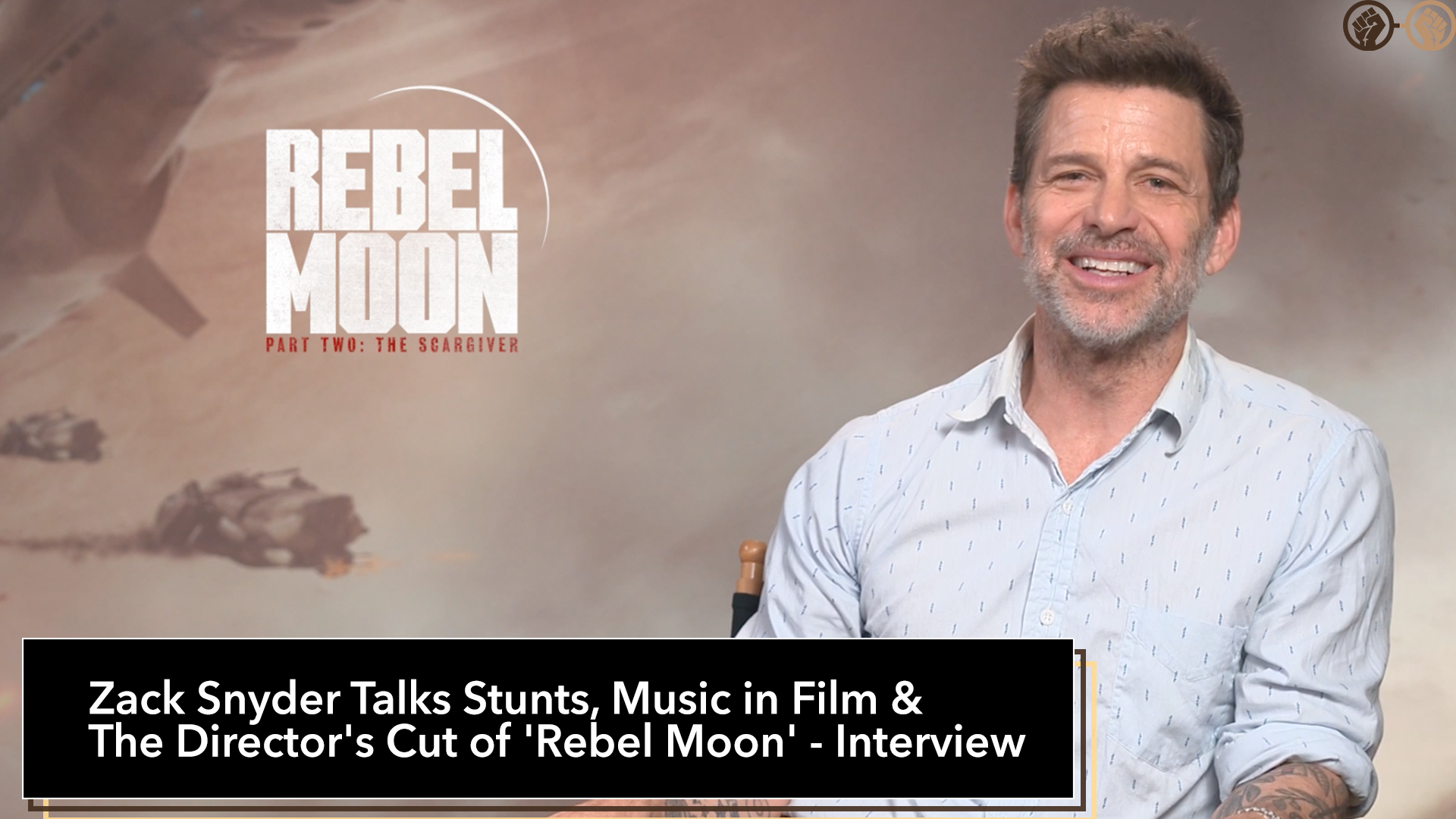With the onslaught of new information and celebrities on social media due to the internet, it is likely that fans will discover that a celebrity they love has done something problematic, or is just an awful person in general. The most recent example of the latter would be Logan Paul’s fanbase reacting to his trip to Japan. When these incidents happen, many fans are unsure how to condemn that celebrity’s actions or move on from them in general, if need be. This is a humble attempt to help fans who are unsure.
In a brief and personal example, I absolutely love the music Nat Wolff makes with his brother, Alex. That being said, I have absolute disdain for his taking part in the whitewashing of Death Note by playing a white Light Turner, who was originally Japanese and named Light Yagami. In protest, I didn’t support this project at all; I didn’t watch it, I didn’t support any social media posts advertising it, and adamantly and politely spoke out on my own social media towards Wolff and my peers who didn’t see the issue, explaining why I couldn’t support this adaptation of a fantastic tale. Because I don’t know Nat Wolff personally, I am unable to speak on the quality of his character other than what he illustrates through his art and social media, so I won’t. It’s important to note that I still very much enjoy and support his music. I believe that I have no control whether I like a project of his or not—whether it be film or music—but I do have absolute control over whether or not I support it and I chose not to support Death Note.


But unfortunately, some fans who idolize, or “stan” celebrities, are seemingly unable to either recognize or utilize this control. Furthermore, and even more dangerous, when a celebrity is revealed to be an awful person, these fans who idolize have way too much trouble moving on from them.
First and foremost, understand that there is a difference between a one-time wrongdoing and just an awful person. If your favorite artist or celebrity is an awful person, just stop supporting them all together; awful people need to know that they are awful. It shouldn’t be hard to determine that the person is trash, it’s almost always apparent. Once you understand that your favorite celebrity is an awful person, here’s what you can do:
- Don’t make them your responsibility. Just like they don’t speak for you, you don’t speak for them. Apologizing on their behalf is wrong because that celebrity is their own person and it’s not up to you to make amends.
- Don’t be a part of the problem. Don’t have an idol, have a hero. Idolizing or “stanning” can be dangerous. Once you build someone up to be larger than life, it dehumanizes them and the reality check that they are just human could be detrimental to you. There’s a reason why Stan didn’t make it at the end of the music video.
- Outgrow them. They’re literally just a person—regardless of vices and virtues—like you and me. And just like you and me, they can change and they can grow, even though some don’t. So if you’re young or idolize someone who’s young, one of you is bound to change. Just like anybody else, you can outgrow them. Growth is necessary in general, but when your idol becomes or reveals that they are a bigot or just inconsiderate of others, it’s crucial.
- Get real. You don’t owe them anything. Assuming you don’t know them personally, you’re not going to hurt their feelings if you change your Twitter handle or delete the fan account entirely; they probably won’t even notice. If they do notice and are offended, then they really weren’t worth your idolization in the first place.
- Find a new one. There are plenty of good artists/celebrities out there worthy of dedicated, passionate, and good fans. So if you must idolize or “stan” someone, get looking. I’m sure you’ll have no problem finding them. From personal experience, I would suggest idolizing fictional characters. It helps and it’s healthy; you don’t feel like you’re invading their privacy and you get to idolize someone who is literally too good for reality. Sokka from Avatar: The Last Airbender was sexist at first, but in the end, he redeemed himself and stayed fictional. No harm, no foul. He’s still my screen saver.
- “Stan” yourself. It’s also helpful and healthy to look up to someone you can identify with. So who better to look up to than yourself? Love yourself and work on yourself, this includes passions, hobbies, and even flaws. Understand that you’re only human which means mistakes are inevitable but try to understand your mistakes and apologize if others get hurt along the way. Make yourself worthy of having a fanbase.
Nothing but love.






Leave a Reply